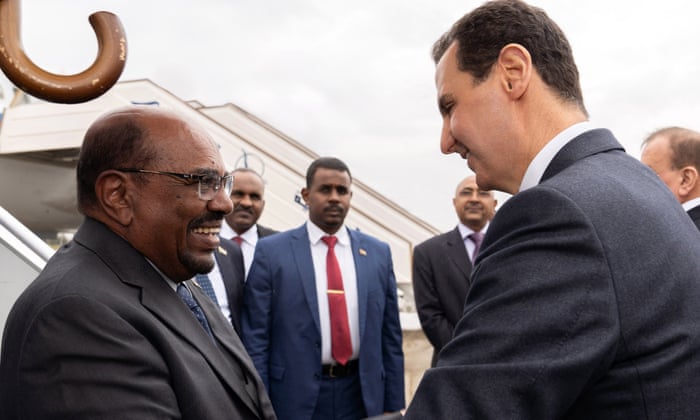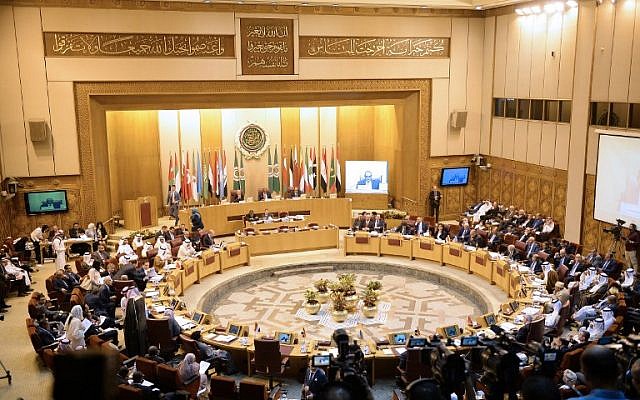Back to Business as Usual : Bloody Carnage Set Aside
"Syria's ties with Arab countries has been through a quick phase of shuttle diplomacy, which has culminated in the reopening of embassies and a change of tone toward Damascus."
"It was all planned, starting with [Sudanese president] Omar al-Bashir's visit to Syria in mid-December, continuing with the rush to open embassies."
Danny Makki, British-Syrian analyst
"Give it a year or so and you can bet we'll be reopening our embassy."
"I anticipate that the opening of an embassy -- if and when it happens -- will be difficult to sell to the public..."
"People have been bombarded with images of atrocities for years, and at some point we might have to tell them the monster responsible has won."
British diplomat, Beirut
"The European Union could potentially work with the Russians on reconstruction -- Greek and Italian companies are already in Syria and some Germans have shown support too."
Kamal Alam, visiting fellow, Royal United Services Institute, London
 |
| Sudan’s president, Omar al-Bashir (left), pictured shaking hands with Bashar al-Assad, became the first Arab League leader to visit Syria in eight years last Sunday. Photograph: AP |
It stands to reason that it would be Bashir who would break the ice in visiting Syria's Bashar al-Assad whose bloody assaults against his Sunni Syrian majority resulted in an estimated 500,000 dead, six million internally displaced and millions more made refugees as he pursued a scorched-earth policy that destroyed the country's ancient heritage sites and its largest commercial city of Aleppo. Half of Damascus lies in ruins.
But the chemical attacks on civilians, the massive death count due to barrel bombs, the bombed hospitals, clinics, schools, are all set aside as past inconveniences. Even the sponsorship of Shiite Iran with its surrogate terrorist Hezbollah helping the Syrian regime reach its goal of destroying the Sunni militias defying the Assad rule have been placed in a neat pile on a hard-to-reach shelf of memory. Diplomacy is returning to Damascus, shuttered embassies are re-opening.
 |
| This picture taken on September 11, 2018 shows a general view of a meeting of the Arab League foreign ministers at the organization's headquarters in the Egyptian capital Cairo. (AFP Photo/Mohamed El-Shahed) |
Back by popular acclaim while Arab leaders discuss inviting Syrian delegates to the Beirut Arab Economic Summit; what better place than Lebanon, after all, controlled by Hezbollah whose strings Iran manipulates in the Byzantine politics of the Middle East, where Arab Sunni states fear and deplore the growing interference of Persian Shiite power. The tens of thousands the Syrian regime imprisoned and tortured and executed on an "industrial scale", just a footnote in Arab history.
And the U.S. which once held sway and to whom all Arab states looked for direction? "There is absolutely no change in the U.S. position ... that any use of chemical weapons would be met by a very strong response, as we've done twice before", stated U.S. National Security Adviser John Bolton, warning the government of Syria it remains in American military crosshairs.
 |
| Iraqi Foreign Minister Mohammed Ali al-Hakim, right, and Iranian Foreign Minister Mohammad Javad Zarif, hold a press conference in Baghdad, Iraq, Sunday, Jan. 13, 2019. (AP Photo/Khalid Mohammed) Iraq supports Syria's return to the Arab League. |
Labels: Arab League, Britain, Conflict, Iran, Syria, United States
0 Comments:
Post a Comment
<< Home